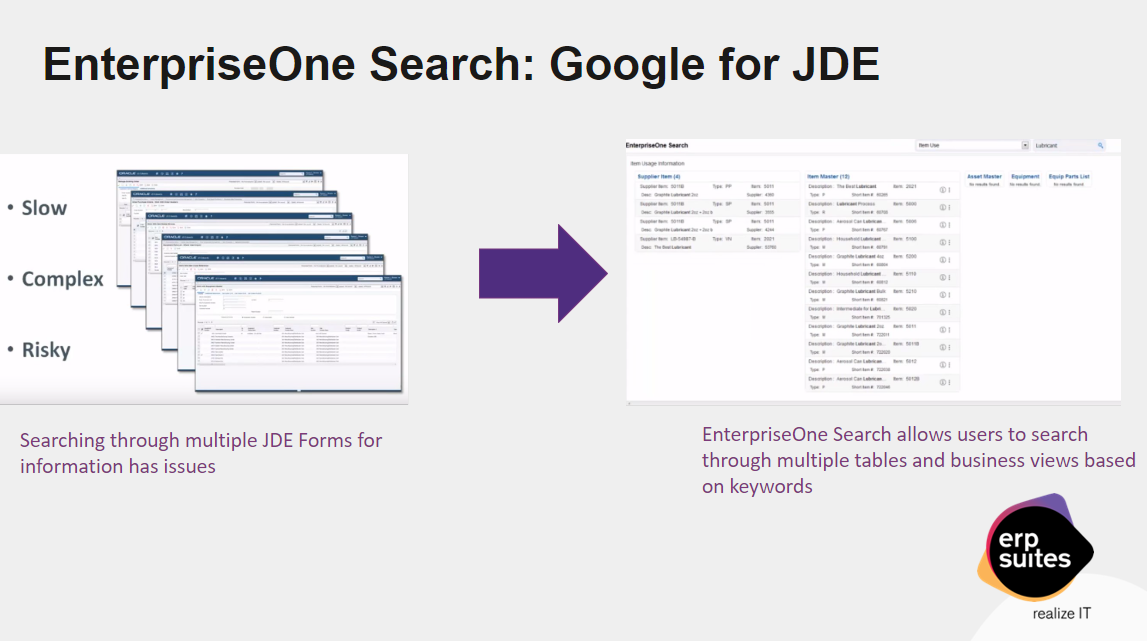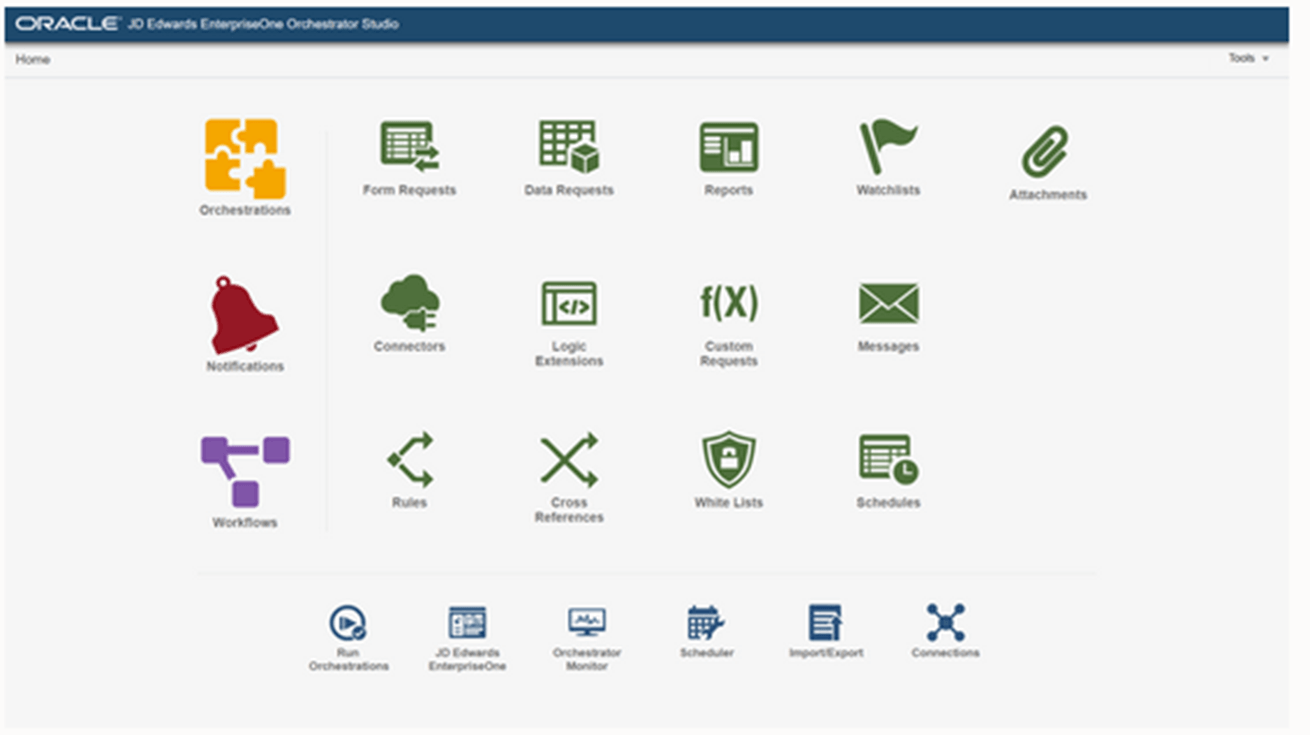
According to a 2019 executive survey, 73 percent of digital projects fall short of being transformational. While limited resources and legacy systems may derail a good idea, more often, projects fail to show a positive return on investment (ROI).
"But I thought going digital would fix my problems." Business leaders are bound by two primary goals—reduce expenses and sell more. If your project doesn't support one or both of these goals, it will have a short shelf-life. Improve your odds of digital success by asking how your concepts contribute to the four pillars of digital transformation. Then, prioritize your projects based on which have the most potential to produce measurable results.
1. Gain operational efficiency.
Henry Ford proved long ago that efficiency leads to higher production and increased sales. It can also free up time for employees to pursue more forward-thinking initiatives and keep your company competitive. Successful digital transformation projects like task automation draw a direct line between simplification and productivity.
For example: At ERP Suites, we found our JD Edwards Managed Services team bogged down by the cumbersome task of clearing web cache. Required to implement security changes and period close activities, they did it countless times a day. Using JD Edwards Composed Pages and an orchestration to call AIS functions, we created a user-friendly interface with drop-down menus to quickly and securely reset cache instead. This simple solution decreased maintenance windows and cleared managed services for more proactive problem-solving.
2. Improve customer experience.
A study by the experience management group, Qualtrics, revealed 86% of buyers are willing to pay more for a great experience. Positive, consistent brand interactions also drive customer loyalty. Can you show a correlation between your digital transformation project and improved customer satisfaction scores? Even quick hits can make a significant impact and earn you credibility with business leaders.
Consider, for example, the address verification orchestration we built to ensure valid postal addresses. Our customers using the solution report fewer data entry errors in sales orders and, consequently, fewer shipping mistakes and delays. Speed, accuracy, and dependability naturally lead to happier consumers.
3. Increase the level of agility.
Business agility is the mark of a company that ebbs with market changes and flows with innovation. They take advantage of technology to see where improvements can be made or to assist in decision making. Business agility projects may generate direct results or set a foundation to further innovation.
Take, for instance, our document automation solution. Traditionally, companies who wanted to automate document processing turned to optical character recognition (OCR). That meant hardware, software, and templates. We designed a solution using cloud services to remove the constraints. The business achieves greater efficiency and savings, but there are indirect benefits as well. Because machine learning is involved, there is potential to mine data for insights and automate routine approvals.
4. Better manage business risk.
Digital transformation solutions centered on mitigating risk reduce loss, and protect income. Compliance comes to mind. Does your intended project help the company conform to regulated industry standards?
An ERP Suites customer, The Ford Meter Box Company, manufactures waterworks components using brass alloys. One cost-effective alloy is popular abroad; however, U.S. law demands a more expensive option. To reduce the risk of a mix-up and subsequent penalties, we built an orchestration that triggers an XRF analyzer. The XRF identifies the alloy and sends the data directly to JD Edwards. Then, an operations employee matches the alloy to the work order before moving it into production.
Your solutions don't have to be big, but they do need to make an impact. The projects that align digital transformation opportunities with one or more pillars rise above the odds to find success. Make sure yours measure up.
Need a hand? ERP Suites Advisory Practice consultants can help you generate ideas, rank them and build a business proposal.
As the Chief Advisory Officer at ERP Suites, Eric Poff sits on the leading edge of digital technology. Customers lean on him to drive meaningful process improvement with measurable results. His product development and work with Orchestrator have earned ERP Suites several JD Edwards Distinguished Partner Awards. He is also a frequent conference presenter dedicated to bringing digital transformation within reach.
Topics:


.png?width=960&height=540&name=Blog%20Images%20(90).png)
.png?width=960&height=540&name=Blog%20Images%20(86).png)
.png?width=960&height=540&name=Blog%20Images%20(80).png)
.png?width=960&height=540&name=Blog%20Images%20(71).png)
.png?width=960&height=540&name=Blog%20Images%20(61).png)
.png?width=960&height=540&name=Blog%20Images%20(53).png)
.png?width=960&height=540&name=Blog%20Images%20(48).png)
.png?width=960&height=540&name=Blog%20Images%20(44).png)
.png?width=960&height=540&name=Blog%20Images%20(43).png)
.png?width=960&height=540&name=Blog%20Images%20(42).png)
.png?width=960&height=540&name=Blog%20Images%20(39).png)

.png?width=960&height=540&name=Blog%20Images%20(30).png)
.png?width=960&height=540&name=Blog%20Images%20(29).png)

.png?width=960&height=540&name=Blog%20Images%20(20).png)
.png?width=960&height=540&name=Blog%20Images%20(17).png)
.png?width=960&height=540&name=Blog%20Images%20(18).png)